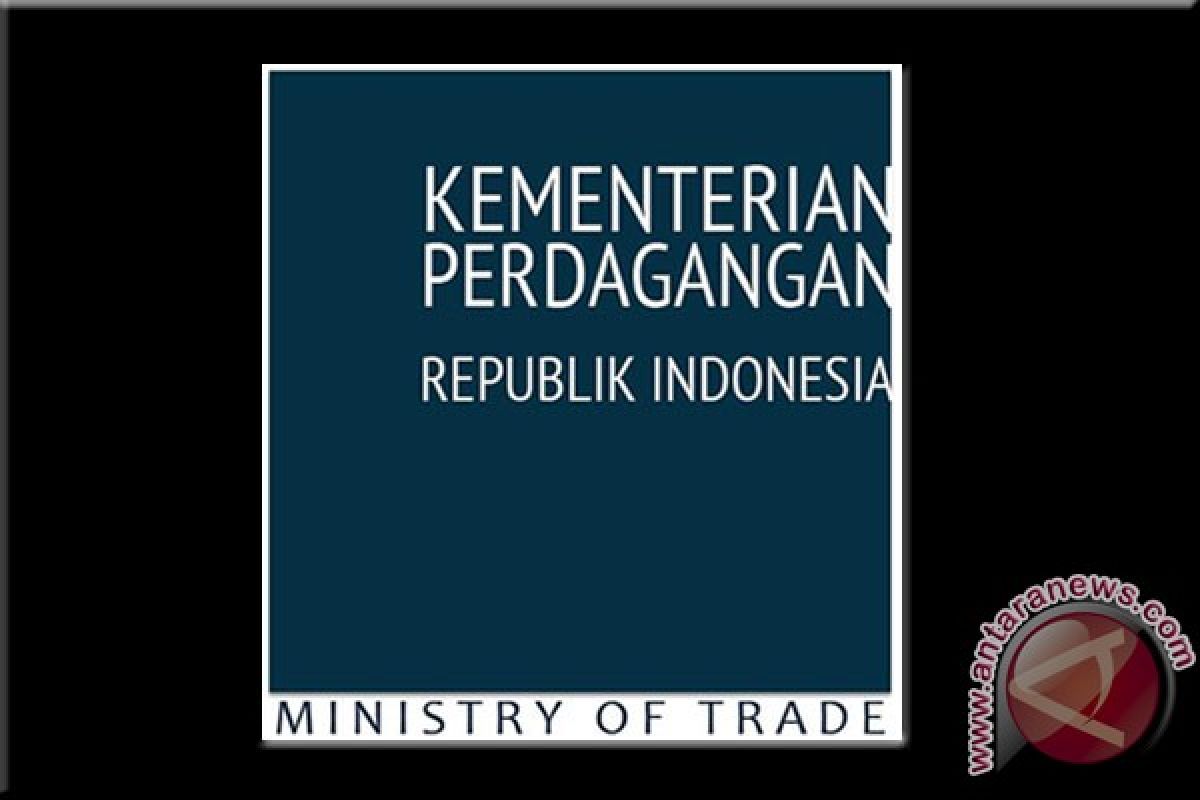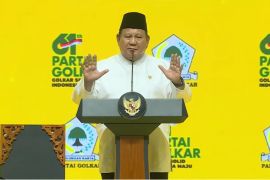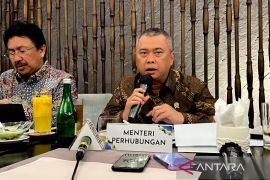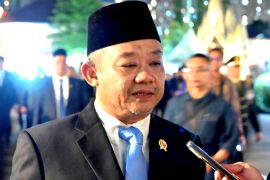The Indonesian government must prepare to face RED II since this rule will have a negative impact on the palm oil industry in IndonesiaJakarta (ANTARA) - The Indonesian government will prepare to take legal action at the World Trade Organization (WTO) to challenge the European Union (EU) over its Renewable Energy Directive II (RED II) and Delegated Regulation (DR).
The lawsuit plan was rolled out over concerns of the regulation directly impacting the Indonesian palm oil industry, Head of the Trade Advocacy Bureau of the Ministry of Trade Sondang Anggraini stated during a focus group discussion (FGD) in Kuta, Bali.
"The Indonesian government must prepare to face RED II since this rule will have a negative impact on the palm oil industry in Indonesia. It is important for us to explore further the preparation and legal position of Indonesia in facing the implementation phase of the EU-RED II," Sondang expounded in a statement received in Jakarta on Monday.
RED II, made in 2018, had some negative impacts on the palm oil industry in Indonesia. Thereafter, in March 2019, the EU Commission had issued an EU Commission Regulation linking biofuels to Indirect Land Use Change or ILUC.
According to the document, ILUC can occur when pasture or agricultural land, earlier destined for food and feed markets, is diverted to biofuel production, thereby resulting in a decrease in food areas and triggering the conversion of forests or land that lead to increased emissions.
Some of the RED II will be applied, effective from January 1, 2021. All members are expected to have applied RED II at the domestic level by June 2021.
As for 2030, all targets of EU-RED II are expected to be achieved, which means no more biofuel originating from raw materials that pose a high risk of climate change and impact food availability.
In this case, Sondang highlighted the need for the Indonesian government to examine two areas of concern that point to discrimination, with the first being EU’s discriminatory policy on Indonesian palm oil, with raw material products from other countries, such as soybeans, while the second being discrimination applied by the EU on Indonesian palm oil, with raw material products from the EU.
To this end, the Indonesian government must come up with strategic steps to solve the problem.
At the FGD, discussions centered on the Indonesian government's efforts to deal with the implementation of RED II and its impacts.
Palm oil exports to European countries have plunged as a result of the impact of the RED II and DR on Indonesian palm oil.
"Indonesia will lose an important market for palm oil commodities, and there will be a decline in demand, resulting in a drop in commodity prices," Sondang emphasized.
Related news: Netherlands expected to tackle discrimination against RI's palm oil
Related news: Jokowi lauds RI-Netherlands cooperation over sustainable palm oil
Related news: Renewable energy plants development remains sluggish: Kalla
EDITED BY INE
Translator: Sella Panduarsa, Azis Kurmala
Editor: Fardah Assegaf
Copyright © ANTARA 2019












